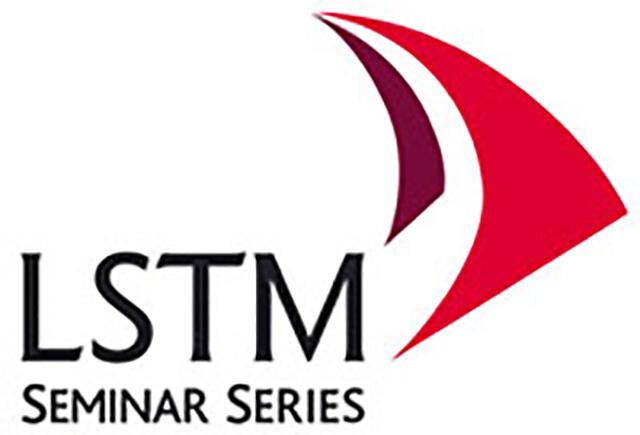
The LSTM Seminar Series hosted Liz Wager PhD, a freelance medical writer, editor, and trainer. She was the chair of the Committee on Publication Ethics (COPE) from 2009 to 2012 and blogs regularly for the BMJ on all issues around authorship, ethics and fraud, and has a international track record for her research on publication ethics and research integrity.
Authorship criteria inmedicine is set by the International Committee of Medical Journal Editors (ICMJE)-Dr Wager updated the audience on recent changes made. These criteria require an author to have an active role in the research, as well as the writing of the article; approval of the final version to be published as well as being accountable for its content. This means if there are any errors then the entire authorship team are accountable. These criteria are become even more important given the growing number of authors, and the rapid rise in guest authorship that appears to be happening in people that might be better in the acknowledgements.
The seminar discussed the difference between author and contributor and advices that when someone did not fulfil all four criteria he/she should be listed under acknowledgements section. However, as Dr Wager conceded, not all medical journals follow the ICMJE criteria and there is an even bigger discrepancy with other disciplines such as the humanities which tend to provide clearer guidance on first authorship reflecting the actual contribution of the main participants in the research and writing process. ‘There is no guidance on author order within the discipline of Medicine’, says Dr Wager. Various organisations and institutions such as the Research Excellence Framework (REF) and Harvard University recognize that there is a strong variation of practices. This lack of guidance create different expectations amongst authors leading to a wide range of practices to accommodate the multiple roles and responsibilities of those who were involved in the research and the writing with resultant game playing.
‘Authorship is not about credit, it is about taking responsibility for the research and the writing’, says Dr Wager. And it is their institution which should set up clear authorship policies and practices as the overseeing bodies such as the ICMJE will not do it. Dr Wager recommends that the research institutions provide training for their staff, especially those in a supervisory role; provide training and guidance on authorship; set up and publish authorship policies and set-up a dispute mechanism that can resolve possible controversies following pre-agreed set criteria.